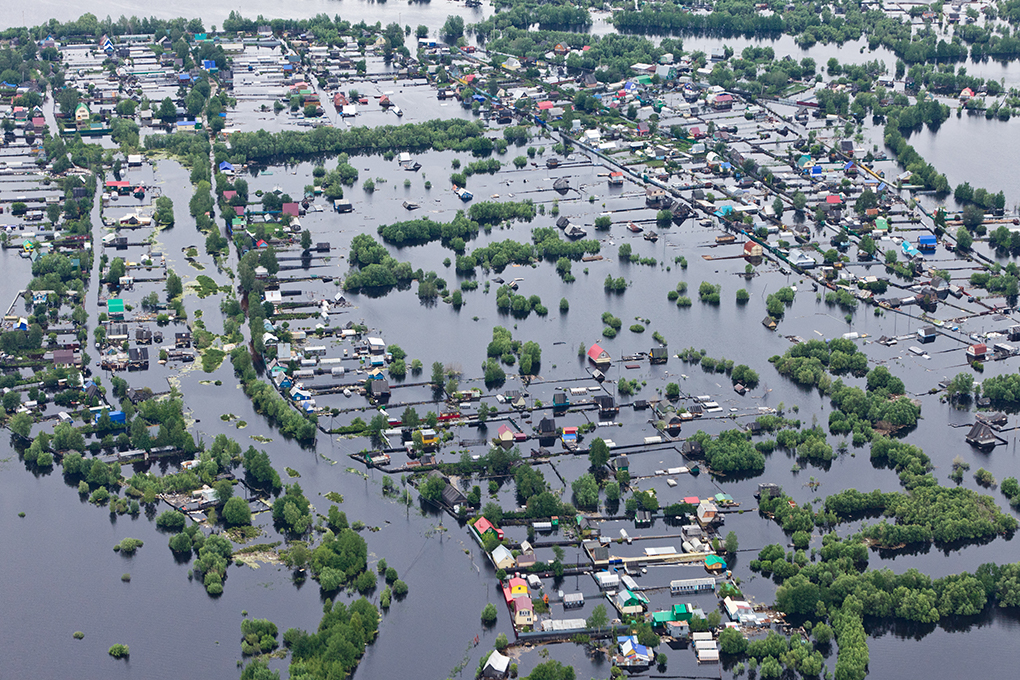“I really don’t need flood insurance, I have homeowners insurance and besides, I don’t live in a flood zone!”
Between car insurance, and homeowners insurance, we all spend a lot of money on insurance. We never want to purchase any more insurance than we need to because we have so many other expenses! Yet, the devastation of being a victim of a flood can be one of the worst “life changing” experiences, so we at least need to look seriously at the subject.
Floods are the #1 natural disaster in the United States. From 2011-2015, the average flood claim amounted to more than $46,000. From 2006-2015 total flood insurance claims averaged more than $1.9 Billion per YEAR! Over 80% of the recent Hurricane Harvey victims did NOT have any sort of flood insurance. More than 20% of flood claims come from properties located outside a “high risk flood zone”.

So, there is water damage and there is flood damage. What is the difference? Probably the easiest way to explain it would be to say that damage caused by “water coming down” is generally covered by a homeowner’s policy. Damage caused by “water coming up” is generally NOT covered by a homeowner’s policy. An example of a loss that WOULD be covered by a homeowner’s policy: Windstorm caused a tree to fall on your house. In the process, it breaks a window, and the rain comes in through the damaged window, and the walls, floors and furniture are water-damaged. Since the water damage is from “water coming down” (rain), then the loss is covered but, of course, subject to a deductible.
An example of a loss that would NOT be covered by a homeowner’s policy: There is a heavy rainstorm. The water is so intense, that the storm drains cannot provide adequate drainage. Water backs up into your yard, and into your home. Your basement or crawl space collects water, and either causes damage to the insulation and flooring immediately located near the crawl space, or the basement collects water, causing damage to walls, furniture, and items stored in the basement. Since the water damage is from “water coming up”, then the loss is NOT covered by the average homeowner’s policy.
So what is flood insurance? What is covered, and how much does it cost? If you are a renter or homeowner (residential policy) or business owner (non-residential policy) and your property is located in a NFIP (National Flood Insurance Program) participating community, you can purchase a policy. Contact your insurance agent to find out if your community participates in the National Flood Insurance Program. You don’t necessarily have to live in a “flood zone” to purchase flood insurance.

Building coverage and personal property (contents) coverage can be purchased separately or together. A typical homeowner would want to protect both the house and their contents, so they would want to be sure that their flood insurance policy covers both. A renter would not be as concerned about the building coverage and would be more interested in their contents being protected against a flood. A business owner would have the same issues to think about.
While there are many factors that go into the development of the annual insurance premium, the average annual flood insurance policy premium cost nationwide, is $700. The premium actually varies and can be higher. The more coverage desired, and the higher the community risk of flood, the higher the premium.
We at Ashcraft always want our clients to be protected against a dramatic loss. We are always thinking about the “what if” factor and how it will affect our friends and clients. We bring you this flood information so that you will have that “family conversation”, which we might not generally have. As always, be sure to give us a call with any questions.





